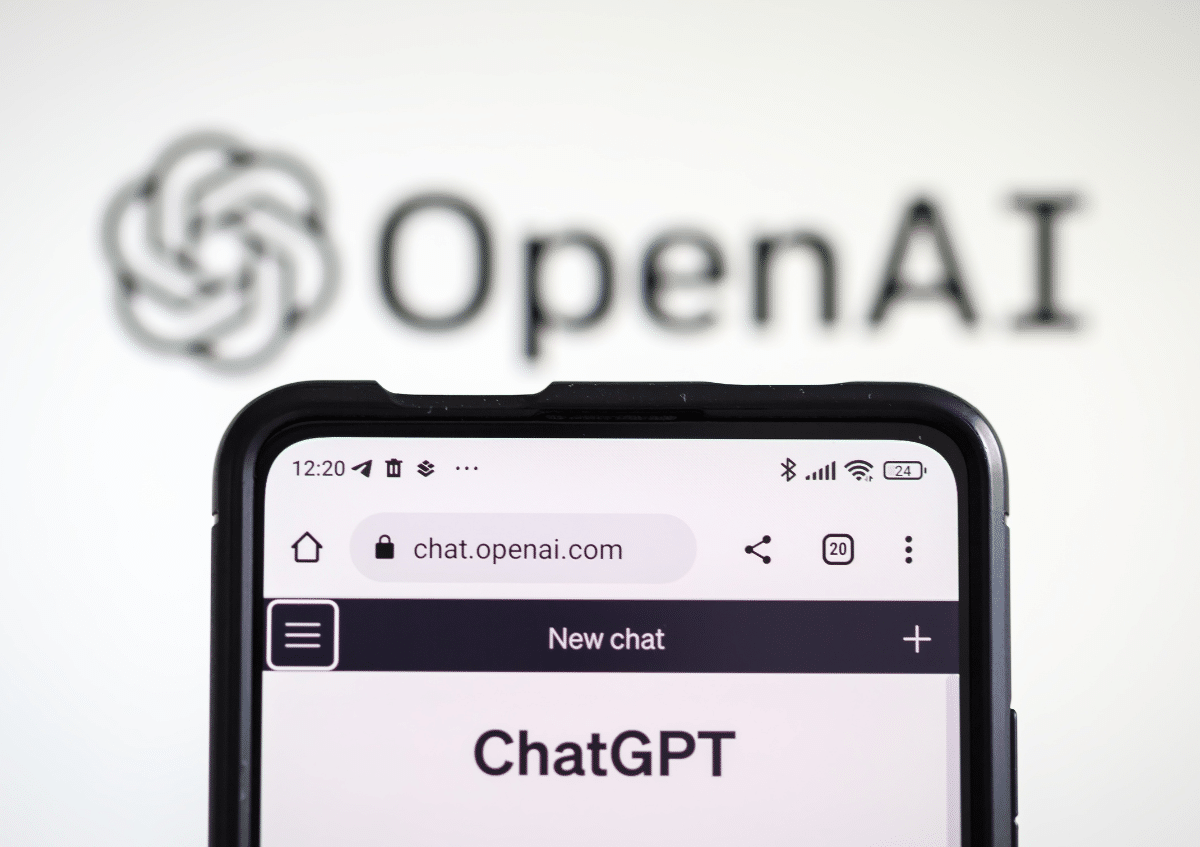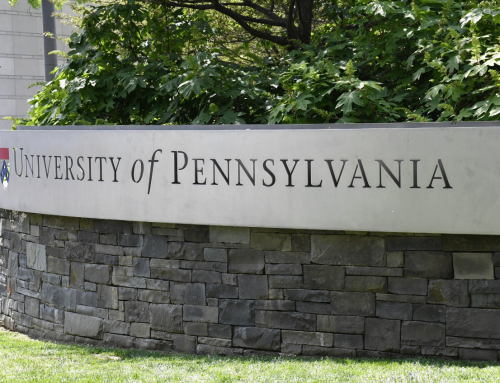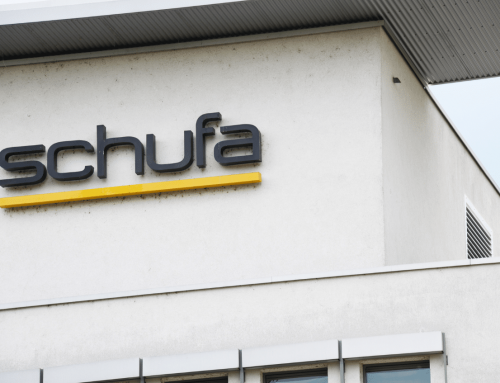Picture: Markus Mainka / Shutterstock.com
Billions in losses? No problem, says Sam Altman
OpenAI is burning money - and not too tightly. As heise online reports, according to the latest figures from Microsoft's annual reports, OpenAI made a whopping 12 billion US dollars in losses in the last quarter alone. Sounds like a crisis, doesn't it? But OpenAI boss Sam Altman reacts to the question about the financial hole not with humility, but with defiance.
In the podcast with tech investor Brad Gerstner and Microsoft CEO Satya Nadella, Altman was confronted with the figures: 13 billion dollars in revenue against gigantic infrastructure obligations - a total of over one trillion dollars in the coming years. Altman plays it down. The revenues are much higher, he claims. Precise figures? Not a chance. Instead, he offers Gerstner the opportunity to simply sell his shares on to other investors: "If you want to sell, I'll find a buyer for you."
Altman plays the attack - but the doubts remain
Reading between the lines, it is clear that Altman wants to demonstrate his strength. According to him, anyone who doubts OpenAI's business model simply "doesn't understand enough". But even Altman admits: "We could mess it up", namely if the computing resources are lacking. An explosive statement - because it is precisely these resources that are expensive, scarce and hotly contested.
The plan? OpenAI aims to deliver more than just AI. In future, the company also wants to act as a cloud provider - similar to Amazon Web Services. More control over its own infrastructure, more revenue, more market share. In addition, the first changes have already been made to the pricing model: the Sora video service will soon be subject to a fee. Apparently, the previous free service was a loss-making business. So in future, more money will also flow here - from users' pockets.
Microsoft, power games and a new structure
Behind the scenes, OpenAI is no longer just about technology. The restructuring of the company has been a topic of conversation for months: at the top is now a non-profit foundation - underneath is the profit-oriented day-to-day business. Sounds complicated? It is. As a former major investor, Microsoft has a say and has so far kept a low profile - but now Satya Nadella is praising OpenAI's "foresight".
The capital of the new foundation: 130 billion US dollars. A figure that is astonishing - and yet does not hide the fact that there is rumbling inside the company. Critics such as Elon Musk and Mark Zuckerberg have publicly opposed this restructuring. What they fear: Concentration of power, a lack of transparency - and a creeping loss of control over the development of artificial intelligence.
Comment: Big mouth, lots of question marks
Sam Altman wants to convince the world that OpenAI has no problem - despite billions in losses, despite rising costs, despite a shaky structure. But while he reassures investors with cool slogans, one big question remains unanswered: How exactly is OpenAI going to recoup these huge sums?
It sounds almost too ambitious when Altman announces that the company could achieve a turnover of 100 billion dollars by 2027. The path there is nebulous, the risks are great. Anyone who burns through 12 billion in a year should deliver more than pithy words - otherwise the future of AI will turn into a billion-dollar flop sooner than expected.
OpenAI is selling dreams in high gloss. But the problem with dreams is that they quickly burst when no one pays.







